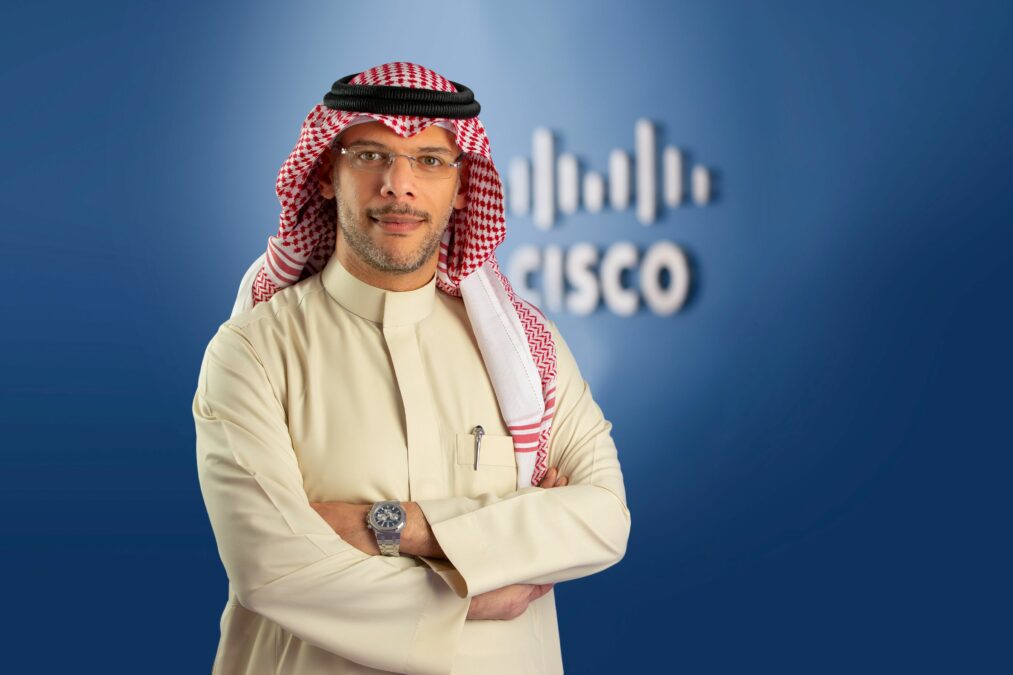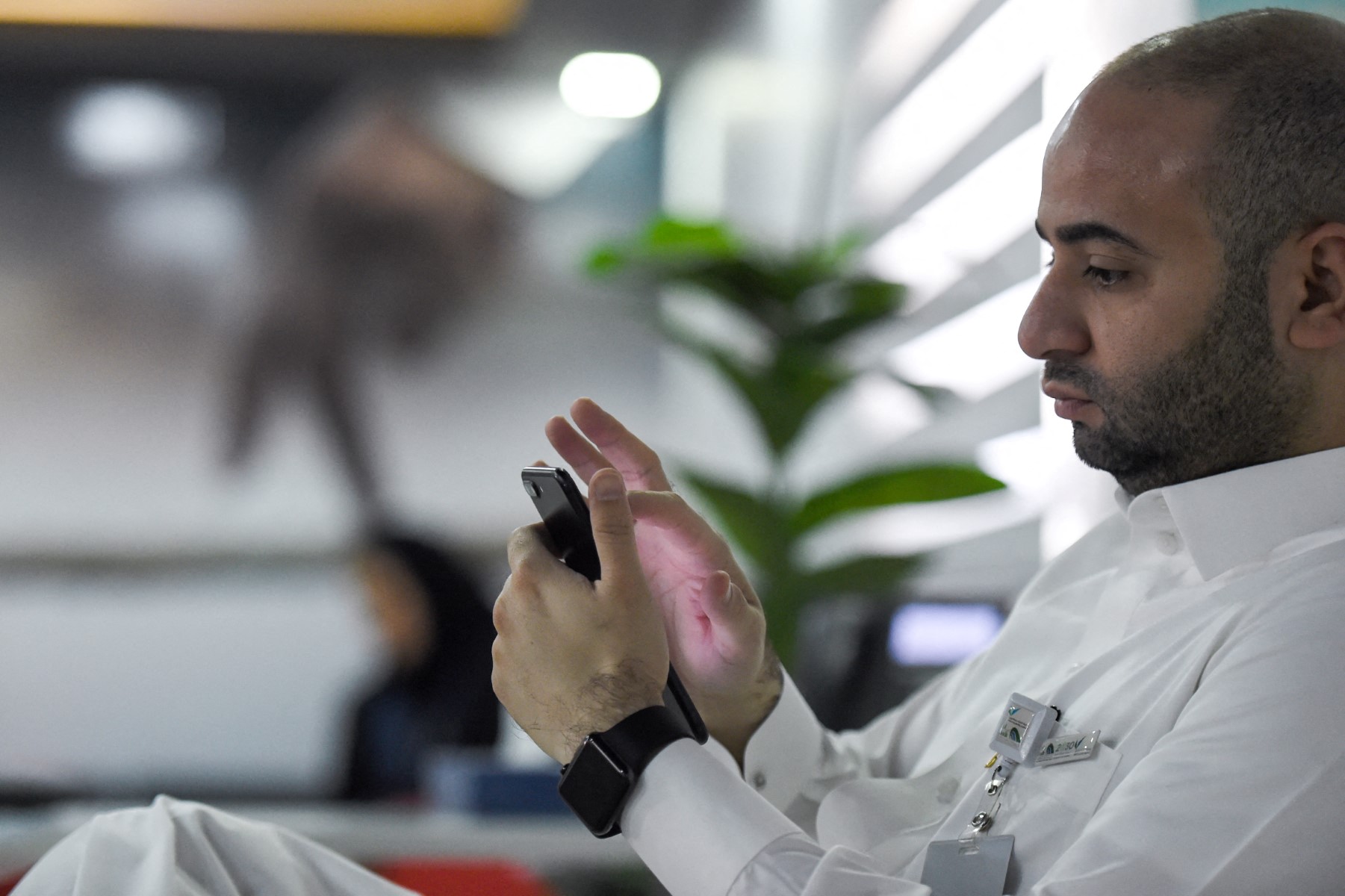Riyadh, Saudi Arabia – About 92% of respondents in Saudi Arabia consider ‘critical national infrastructure’ and are willing to pay more for sustainable broadband with roughly a quarter of them prepared to pay over 20% more for eco-friendly connectivity., a Cisco survey in the kingdom has found.
The survey, encompassing 2,000 respondents in the Kingdom, reveals that an overwhelming 91% of participants consider broadband to be as crucial as basic necessities like water and electricity. This percentage surpasses figures seen in the broader EMEA (Europe, Middle East, and Africa) region.
Sustainability has also emerged as a significant concern among consumers in Saudi Arabia, with 65% expressing worries about the carbon footprint associated with their broadband usage. Among these concerns, young adults aged 18-24 are the most apprehensive, with 73% expressing environmental concerns.
The survey highlights a shift in consumer reliance on the Internet, with individuals seeking a balance between expected speed and reliability and the growing emphasis on environmental consciousness. The rise of the Internet of Things (IoT) is connecting various devices, such as smart cars and home appliances, further influencing consumer preferences.

As the number of IoT devices continues to grow significantly, the demand for increased bandwidth and processing power is on the rise.
Over half of Internet users in Saudi Arabia primarily use the Internet for social media (58%), streaming videos and gaming (57%), and browsing, reading, or shopping (53%). Of those planning to upgrade their service in the near future, 44% are doing so to access faster broadband.
Consumers in Saudi Arabia are also increasingly adopting a ‘smarter’ digital lifestyle, connecting various IoT devices to their home Internet service. These include smart lights (29%) and home appliances (30%), with more than half (54%) currently connecting their home entertainment devices.








